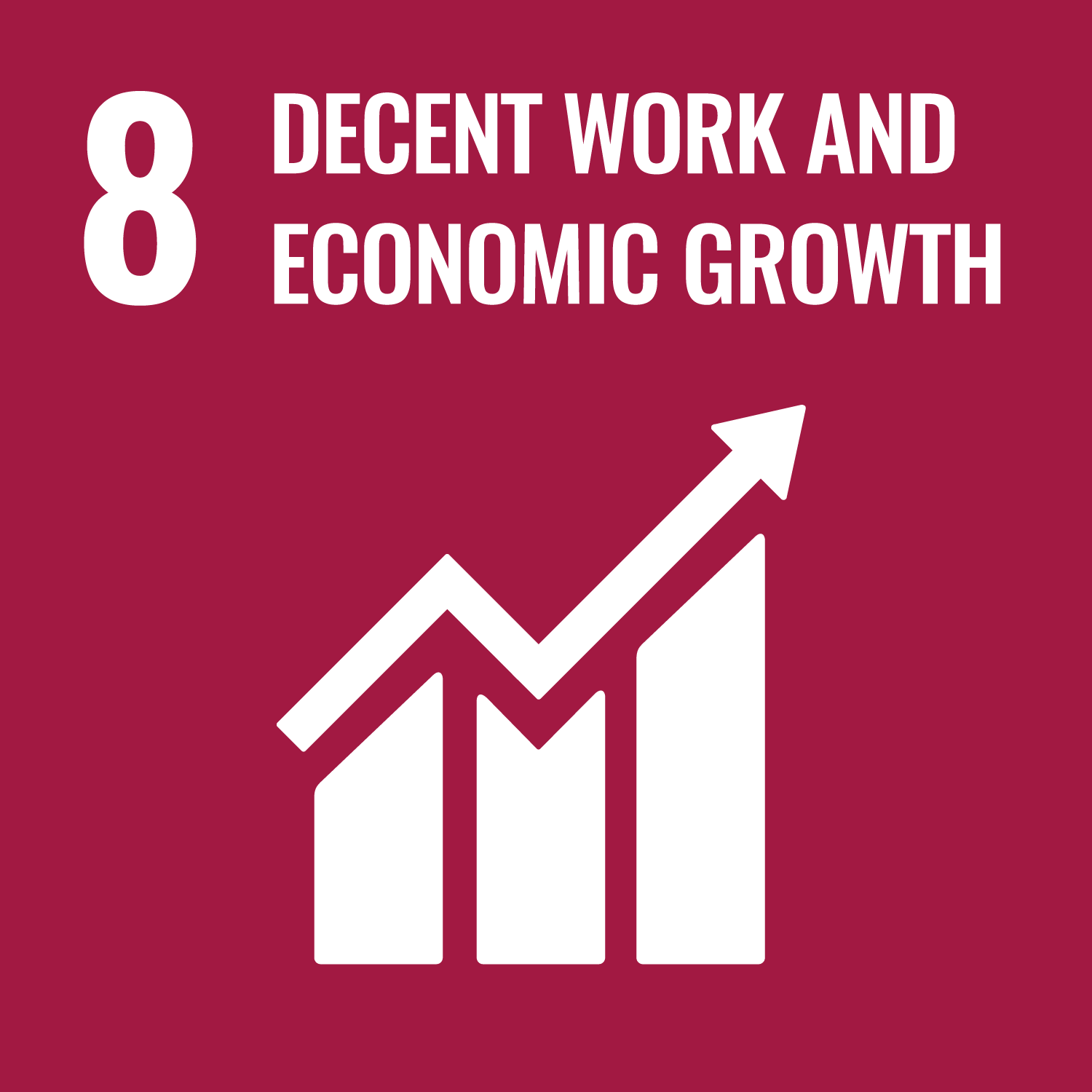Abstract
The United Nations' Sustainable Development Goals have been established to end poverty, protect the planet, and ensure prosperity for all. Delivery of the Sustainable Development Goals will require a healthy and productive environment. An understanding of the impacts of chemicals which can negatively impact environmental health is therefore essential to the delivery of the Sustainable Development Goals. However, current research on and regulation of chemicals in the environment tend to take a simplistic view and do not account for the complexity of the real world, which inhibits the way we manage chemicals. There is therefore an urgent need for a step change in the way we study and communicate the impacts and control of chemicals in the natural environment. To do this requires the major research questions to be identified so that resources are focused on questions that really matter. We present the findings of a horizon-scanning exercise to identify research priorities of the European environmental science community around chemicals in the environment. Using the key questions approach, we identified 22 questions of priority. These questions covered overarching questions about which chemicals we should be most concerned about and where, impacts of global megatrends, protection goals, and sustainability of chemicals; the development and parameterization of assessment and management frameworks; and mechanisms to maximize the impact of the research. The research questions identified provide a first-step in the path forward for the research, regulatory, and business communities to better assess and manage chemicals in the natural environment. Environ Toxicol Chem 2018;37:2281-2295. © 2018 The Authors. Environmental Toxicology and Chemistry published by Wiley Periodicals, Inc. on behalf of SETAC.
DOI Link
Publication Date
2018-01-01
Publication Title
Environmental Toxicology and Chemistry
ISSN
0730-7268
Acceptance Date
2018-06-11
Embargo Period
2019-11-27
Recommended Citation
Van, d., Boxall, A., Maltby, L., Brooks, B., Rudd, M., Backhaus, T., Spurgeon, D., Verougstraete, V., Ajao, C., Ankley, G., Apitz, S., Arnold, K., Brodin, T., Cañedo-Argüelles, M., Chapman, J., Corrales, J., Coutellec, M., Fernandes, T., Fick, J., Ford, A., Giménez, P., Groh, K., Hutchinson, T., Kruger, H., Kukkonen, J., Loutseti, S., Marshall, S., Muir, D., Ortiz-Santaliestra, M., Paul, K., Rico, A., Rodea-Palomares, I., Römbke, J., Rydberg, T., Segner, H., Smit, M., van, G., Vighi, M., Werner, I., Zimmer, E., & van, W. (2018) 'Toward sustainable environmental quality: Priority research questions for Europe', Environmental Toxicology and Chemistry, . Available at: 10.1002/etc.4205




